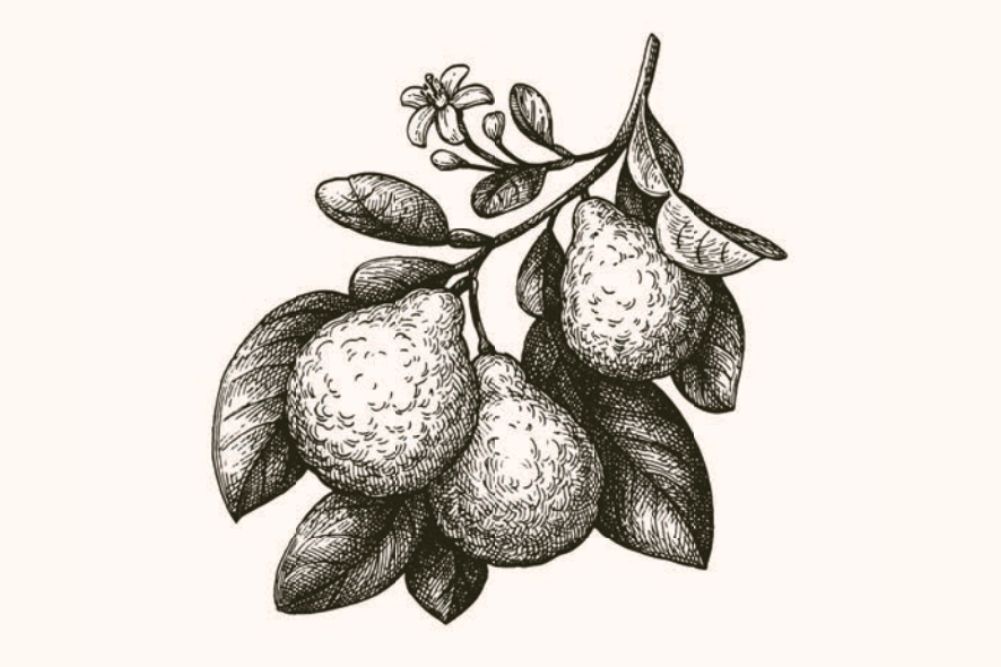Which is better for you: fresh or tinned vegetables?
Nothing beats the taste of truly fresh produce, especially when it comes straight from your own garden or local farmer’s market, but there are times when “fresh” produce isn’t always best, especially when it isn’t really fresh, is out of season, has been stored, or has high food miles. Are you guilty of buying loads of fruit and vegetables from the shop only to find them growing moss in the back of the fridge a week later? Do frozen and tinned foods really deserve their bad reputations? If you consider your produce on a case-by-case basis, you may eat more healthily, save more money and be more sustainable while you’re at it. We take a look at the differences between fresh, tinned and frozen food and which produce is best in what situation.
Timing matters
Let’s be clear right at the beginning: produce eaten soon after picking and not transported long distances is clearly the best. The question really becomes whether your “fresh” produce is really fresh and how many food miles it has taken to get to you. The claimed “fresh” produce at your local supermarket may not be as fresh as you think, since it can take days, weeks or months to reach the supermarket shelves during handling and transport. Most “fresh” fruits and vegetables are picked before they are ripe to allow them time to ripen and develop their nutrients during transportation. However, during transportation produce is usually stored in a controlled atmosphere, speed-ripened artificially and treated with chemicals to prevent the food spoiling. As a result of this process produce is usually less nutritious than naturally ripened fruit and vegetables.
Fresh blackberries, for example, contain four times more vitamin C than tinned varieties.
Seasonality is also a key factor since most fruits and vegetables are not available all year round in certain parts of the world. You would definitely know this if you have ever tried to grow your own tomatoes. Fresh tomatoes are only available in Australia for a limited season, which makes tinned tomatoes a better alternative in off-season periods. So when buying produce at your local market, the first step to ensuring freshness is making sure it is in season.
The amount of time food is stored also needs to be taken into account. It is estimated that fresh produce can lose half of its phytonutrients and vitamins during storage or cooking. Buying fresh fruit and vegetables and letting them sit in your fridge for several days means they are losing essential nutrients. Fresh produce is best consumed straight away, so it’s recommended to buy produce as close to the day that you will consume it as possible to not only maximise your nutrition but minimise food waste.
Frozen facts
Frozen produce has got a bad rap over the years, due to highly processed frozen pizza, pies and chips. But it’s about time we changed our thinking about this. As far as fruit and vegetables are concerned, most of them have been snap-frozen (frozen at –18°C in just minutes) right when they are harvested at their peak. This means that if the food is frozen soon after picking, most of the vitamins, mineral content and dietary fibre are locked in with only minimal processing. Unless you have a market garden and can access genuinely fresh peas, frozen peas are definitely the way to go since their sugar turns to starch as soon as they are picked. In just 24 hours this may cause peas to be grainy and lose their natural sweetness and freshness.
The added convenience of frozen produce allows people to consume a range of fruit and vegetables which are out of season, allowing people to add variety to their diet. Frozen food also has the added convenience of being able to be stored for months, although that is not without limits. Frozen vegetables should be consumed within eight months of purchase, and frozen fruits should be used within 12 months of purchase (four to six months for citrus fruits). So it’s a good idea to make friends with your freezer when it comes to out-of-season produce: just avoid the heavily processed frozen stuff.
On the downside, frozen vegetables are usually blanched (briefly submerged into boiling water) before they are frozen to kill bacteria, which means water-soluble vitamins like vitamins C and B can be affected. Preservatives can also be added to prevent them expiring too early, so make sure you check the ingredients for added preservatives, particularly sodium. Also choose organic and BPA-free tinned foods whenever possible since studies have found that BPA (bisphenol A) is linked to serious health issues including infertility, heart disease and diabetes.
Tinned concerns
Tinned foods also have their benefits since they are convenient and affordable. Since they have a longer shelf life they can also reduce household food wastage significantly. Like frozen foods, tinned foods are also harvested at their peak which means more nutrients are locked in. So as far as nutrition goes, some tinned produce has a very similar nutritional profile to its fresh counterparts. In some cases, the nutrient content of some vegetables is even enhanced by the canning process. Examples are the beta-carotene found in pumpkin and carrots as well as lycopene, a carotenoid found in tomatoes which may help prevent prostate and breast cancer.
However, most tinned foods tend to go through more processing than frozen and fresh foods. Tinned produce is usually cooked as part of the process, so is also likely to be lower in vitamins. This processing has also been found to lower water-soluble vitamins like vitamin C, which degrades quickly when exposed to heat. Fresh blackberries, for example, contain four times more vitamin C than tinned varieties.
When buying tinned produce, it’s important to always read the label and watch out for hidden salts and sugars since this can play a key role in nutrient content. Most tinned foods contain extra salt to help preserve them for longer periods, so it’s important to buy tins with labels like “no salt added” or “low sodium”. If this isn’t an option, try rinsing tinned foods prior to cooking. This can decrease the amount of sodium by up to 45 per cent. Unfortunately, this rinsing can also cause other valuable nutrients to be washed away too. Similarly, tinned fruits can be very high in sugar so look out for tins which are labeled “no sugar added”, “unsweetened” or “packed in its own juices”.
Preparation
Preparation is also key, regardless of whether the produce is fresh, frozen or tinned. How you cook fruit and vegetables can also have a large effect on their nutrient content, even if they are super fresh. Try to avoid cooking vegetables in boiling water for long time since essential vitamins and minerals tend to leech out into the water. Lightly steam them instead to maximise their nutrients.
Fresh produce, recently picked, is always the best option for your food. However, in some instances frozen and tinned produce, when used correctly can be nutritious options. Buying a mix of fresh, frozen and tinned produce for your diet provides variety and is convenient and more affordable. It’s true, nothing beats a fresh vegie out of the garden, but if you can’t grow your own or purchase foods with low food miles, it’s good to consider frozen and tinned alternatives. Just make sure you check the labels and watch the sodium, added sugar and preservative content.








